Robert Eaton joined the Centre for Learning & Teaching as Curriculum Development Officer in September 2017. After completing his PhD, Robert worked at Durham University as part of the Access and Widening Participation team before moving into policy-related roles within the institution. He was also a pastoral tutor at St Chad's College.
What can you see outside of the window?
All lines of perspective lead to Norwood House – magnificent at this time of year when it catches the low afternoon sun.
What does your average day at work involve?
Working closely with my colleagues in the Curriculum Development team and wider CLT, as well as with academic staff, student groups, and a wide range of Professional Services across the University. It's exciting to work in such a collaborative way, drawing on the strengths and experiences of individuals across the institution.
"Universities are intentional communities – they bring people together with common purpose."
Why do you think teaching at your university is important?
Universities are intentional communities – they bring people together with common purpose. Teaching is fundamental to the building and sustaining of that community. The relationships that teaching brings about can change lives.
What do you hope the impact of the CLT will be?
My hope is that the CLT will help ensure that teaching and learning is always visible and valued at Bath, and that we can encourage and equip teachers and learners to make the most of the opportunities available to them.
Who has inspired you most in your career?
There have been a number of individuals (primary teacher, undergraduate course leader, PhD supervisor) who, more importantly than the ‘stuff’ they taught me, helped me to see what I could achieve and supported me to see that through even when I didn’t believe it myself. Because of what they demonstrated, they're also a large part of the reason for my own ongoing passion for working in education.
When did a teaching activity go wrong and how did you overcome it?
I recall teaching a Year 5 primary maths class which involved making kites. You can't make kites with nine-year olds and not fly them, so outside we went. As good as the constructive alignment was, my lesson plan was no match for a blustery November day in the North-East of England. Chaos ensued. We all learnt valuable lessons that afternoon.
Recommend a book, film or album from the past year.
Jennifer Peedom’s film ‘Mountain’ – the combination of words, music, and photography are sublime. If you like doing things outdoors it will resonate. If you don’t then you need to be indoors to watch it anyway.
What is the biggest change that you've seen in teaching since you started your career?
Perhaps the increasing ‘responsiveness’ that is expected of teachers – whether by their students, the institutions they teach in, or in the face of wider factors. Changes in technology, industry, governing ideas and policies, culture, society, have all contributed to how this is experienced with the HE context. The need to be responsive brings great opportunities, but also challenges which require new ways of thinking and working.
What piece of advice would you give to someone just starting out in teaching at your university?
Take ownership of your identity as a teacher/educator. Explore, try things out, learn from your mistakes, and expect to get better with time.
What three things would you take to a desert island?
A full-size snooker table. A piano. Ray Mears. Things I could use the time to practice, whilst Ray keeps me alive.
Respond


